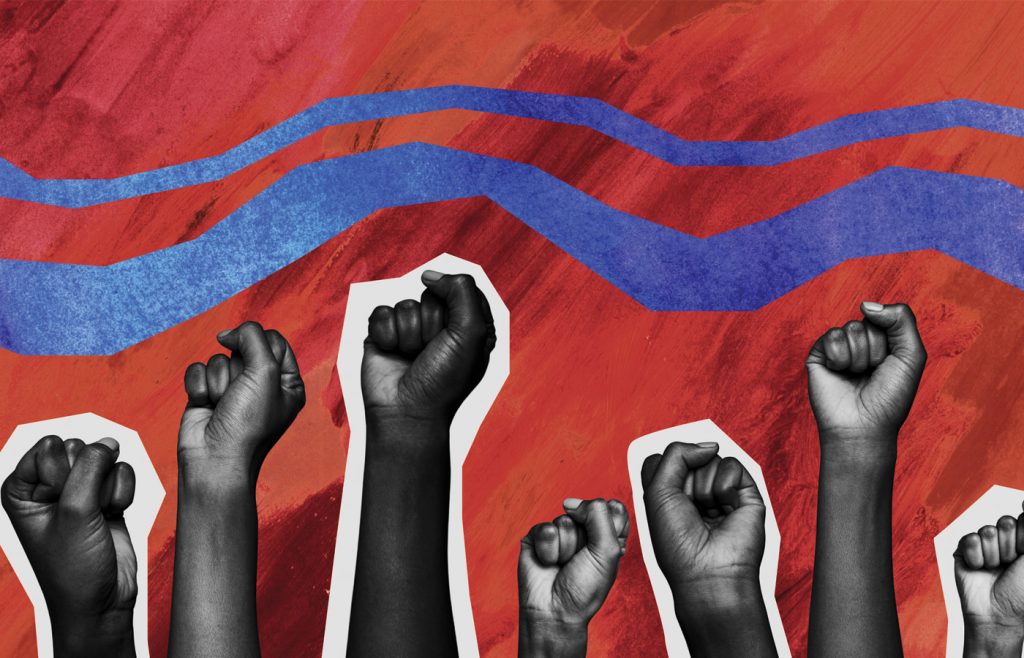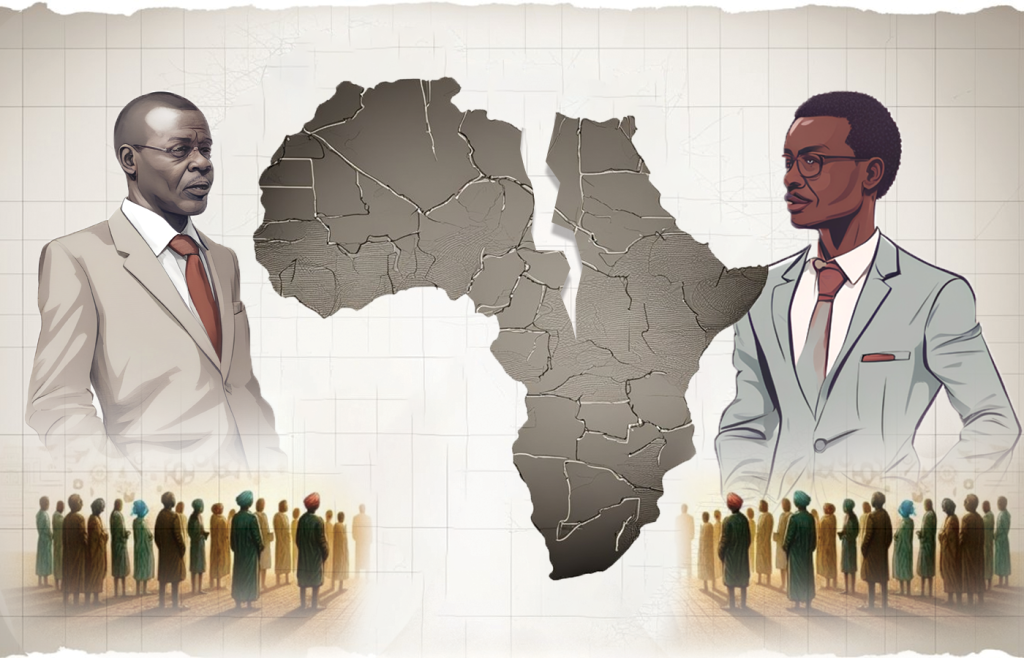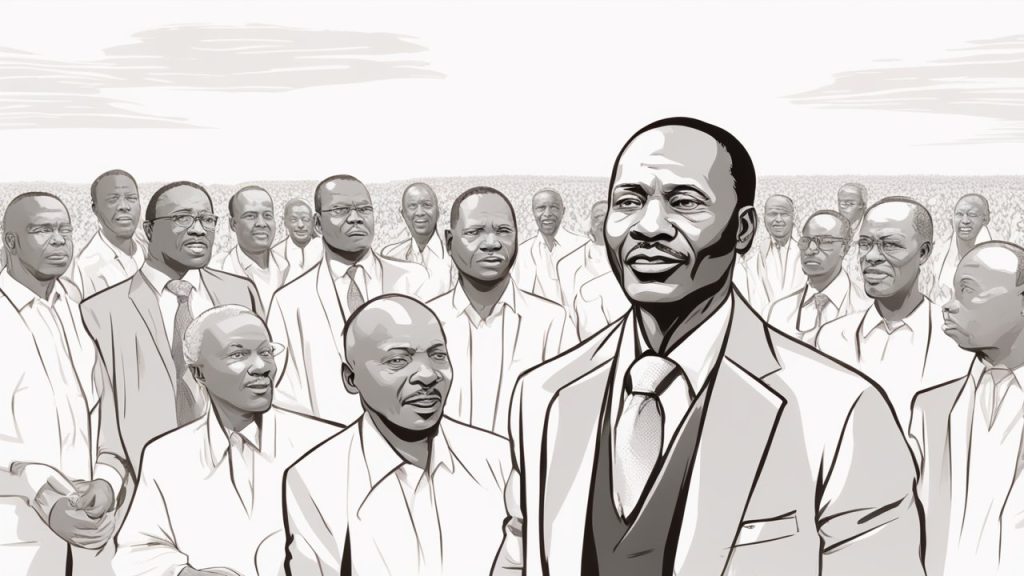Democracy empowers the People—period!! In democratic systems, citizens hold the ultimate power, either directly voting on laws or electing representatives to make decisions. This system, most often seen as a representative democracy, relies on free and fair elections, a legal system that applies to everyone, and protections for fundamental rights like free speech.

While there’s no one-size-fits-all model, democracies worldwide strive for this ideal: giving the people a powerful voice in shaping their government and society. Therefore, African leaders must reconnect with the reality of their jobs. As the People and their employers, we would like to see service and accountability. Similarly to what our employers would say, they need to align with their KPIs.
But how can they shift focus to the common goal of the People, you may ask? Here are a few ways to check your leader today:
- Are they bridging the divide?
Africans must emerge as tribeless and as one. Bridging this gap pushes our countries to a common goal: improving our lives as Africans in our motherland, a home we all know is beautiful and full of riches.

- Are they authentic? Do they communicate with you?
People crave authenticity. To build trust, leaders must speak, address concerns, and admit mistakes. Empathy goes a long way. Leaders who acknowledge the struggles and aspirations of their constituents resonate with the People.
- Do you have access to them?
It goes without saying that openness fosters trust. Regular town halls, social media engagement (not just carefully crafted pronouncements!), and clear explanations of decisions go a long way. Leaders must make themselves available, even for tough questions, to show respect for the People’s voice.
- Do they listen? Do they empower you?
A true leader encourages dialogue. Leaders should actively seek out diverse viewpoints and concerns. Community forums, surveys, and citizen advisory boards can provide valuable feedback. Such connections empower people. Demonstrating a willingness to listen, leaders tap into a wellspring of ideas and solutions.

It is clear that the power ultimately lies with the people. Elections are a powerful tool, but they’re not the only one. Citizens can make their voices heard through protests, petitions, and holding leaders accountable for their actions.
Remember, leadership is a service, not a right. Leaders must prioritize the needs of the people they represent. By fostering genuine connections, leaders can create a more engaged and effective government.
